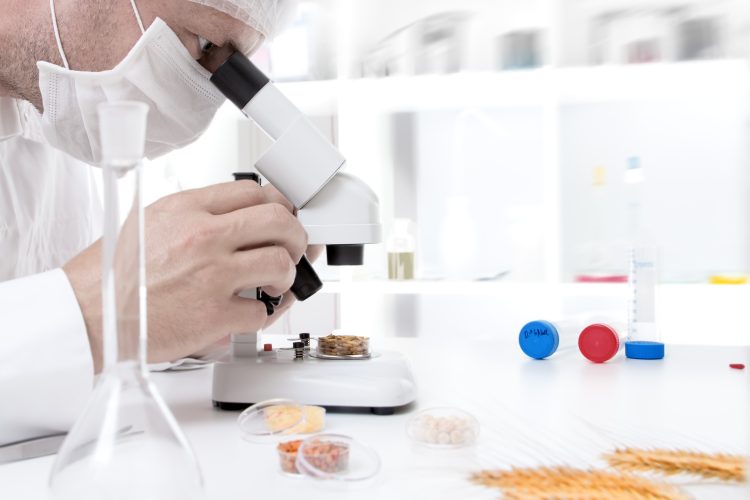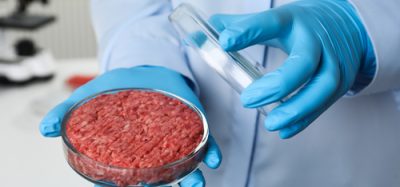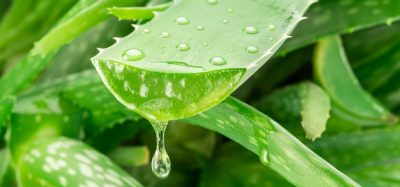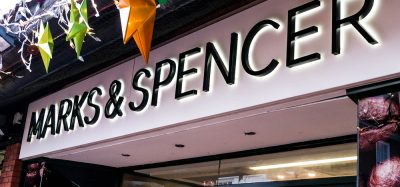Researcher plans to create protein source made from hydrogen
- Like
- Digg
- Del
- Tumblr
- VKontakte
- Buffer
- Love This
- Odnoklassniki
- Meneame
- Blogger
- Amazon
- Yahoo Mail
- Gmail
- AOL
- Newsvine
- HackerNews
- Evernote
- MySpace
- Mail.ru
- Viadeo
- Line
- Comments
- Yummly
- SMS
- Viber
- Telegram
- Subscribe
- Skype
- Facebook Messenger
- Kakao
- LiveJournal
- Yammer
- Edgar
- Fintel
- Mix
- Instapaper
- Copy Link
Posted: 26 April 2023 | Grace Galler | No comments yet
Lutz Grossmann is on a mission to innovate an animal-free protein that has a low carbon footprint and is produced without relying on agricultural land.


Researcher Lutz Grossmann is planning on creating a new animal-free protein that has a low carbon footprint and is produced without relying on agricultural land.
To kickstart his long-term mission, Grossmann has been awarded a $430,485 New Innovator Grant from the Foundation for Food & Agriculture Research.
“We want to prove that humanity is exceptionally resilient when it comes to food production,” said Grossmann, Assistant Professor of Food Science at the University of Massachusetts Amherst.
“By 2050, we need to produce up to 60 percent more food, but we don’t want to transform more land into agricultural land. This is the reason why alternative sustainable protein supply chains are urgently needed to ensure future food security.”
As one of the 10 researchers to receive a grant, Grossmann will be using the funding to make protein-rich foods from a bacteria, powered by hydrogen.
With research already underway, Grossmann commented: “We found this interesting technique where you can use gasses to grow bacteria rich in proteins you can later consume.”
Grossmann plans to use renewable “green electricity” (solar, hydropower or wind) to split water into hydrogen and oxygen and then use the hydrogen as an energy source for the bacteria, known as hydrogenotrophs.
“The cultivation of these bacteria requires no inputs coming from traditional agriculture. In fact, the bacteria can be grown by bubbling hydrogen, CO2, and O2 in a reactor filled with water that is enriched with nitrogen and minerals.”
Once Grossmann and his team grow the bacteria, they will focus on the resulting protein-rich byproducts that they describe as “a sort of cell slurry”.
“We have to figure out how to extract the protein and optimize the process to preserve the functionality of the proteins. Then we need to understand what kind of foods we can form.”
Grossmann will be supported by other UMass food scientists, many of whom specialise in the complex, multidisciplinary realm of structural design, nanotechnology, protein functionality, bioavailability and metabolism.
“We have to be able to design foods that are nutritious and tasty. In the end, we want to feed people,” Grossmann concluded.
Related topics
Lab techniques, New product development (NPD), Research & development, Sustainability, World Food
Related organisations
Foundation for Food & Agriculture Research, University of Massachusetts Amherst








